Cai Guo-Qiang's Art Returns to Japan
During the summer of 2015, the Japanese city of Yokohama hosted a major exhibition dedicated exclusively to the artist, who has become a superstar of contemporary art. This appointment marked Cai's return to what could be considered his point of origin, Japan, with the resolution to reconnect with Eastern culture and the Japanese spirit and recover its essence.
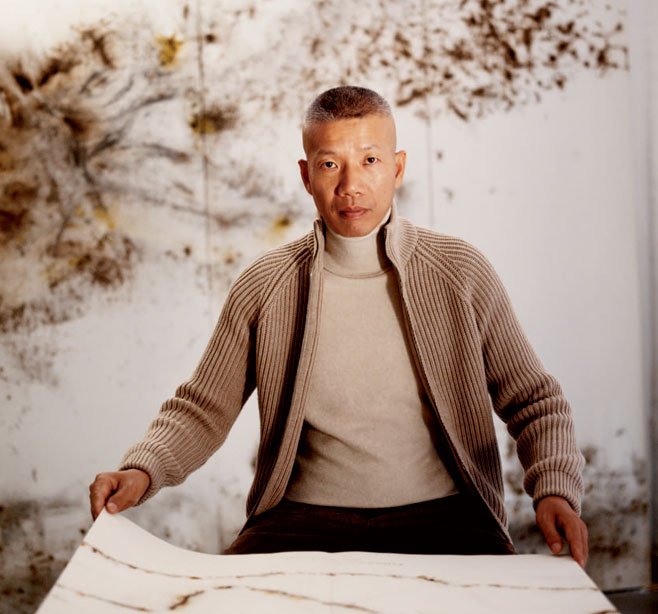
From Japan to the rest of the world
Cai signs in Editions for the SMoCA, a work of gunpowder and tile for the opening in 2013 of a museum in Iwaki, in the Japanese prefecture of Fukushima. Cai Guo-Qiang.
The artist was born in Quanzhou, Fujian Province, China, in 1957. After studying scenography in Shanghai, he arrived in Japan in 1986. He enrolled at Tsukuba University and began his artistic activity while living in Tokyo, Toride and Iwaki.
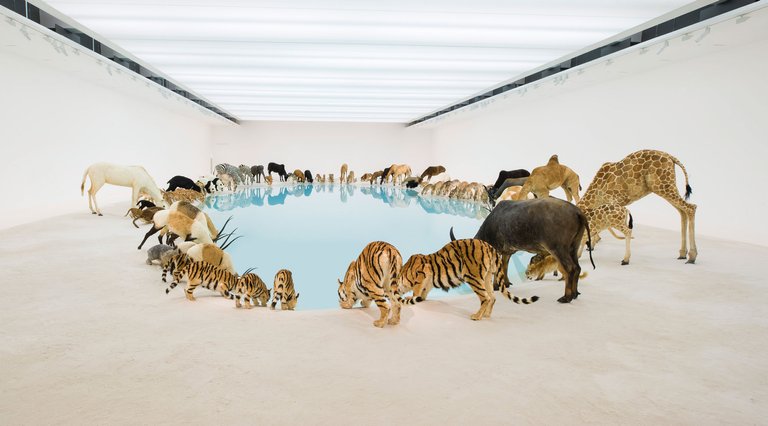
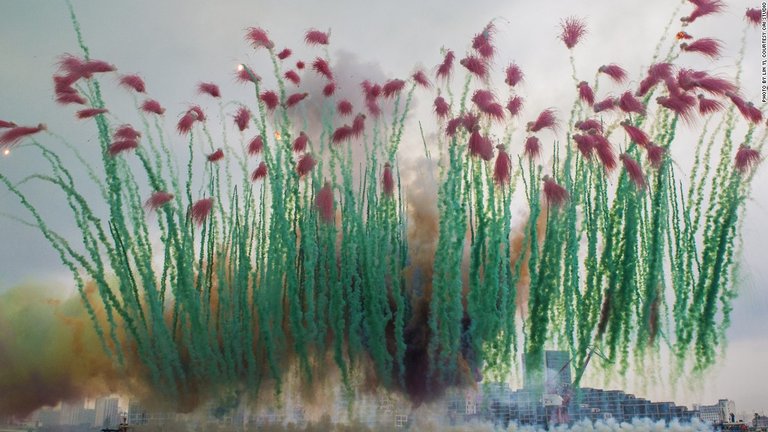
He began to make works with gunpowder in which he made it explode on traditional washi paper; thus capturing the attention of the public. In 1991 he participated in Emergency Exit, an exhibition for Chinese avant-garde artists held in Fukuoka; from there, he was featured in several major open-air explosions throughout Japan, as well as in a multitude of exhibitions.

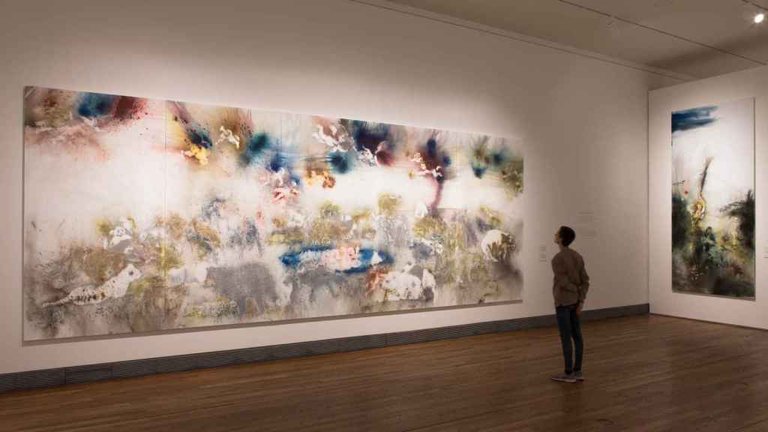
A worldview derived from Chinese peculiarity
In addition to daring with new techniques, Cai incorporates in his works elements of Chinese culture such as fengshui or traditional medicine, something that allows us to realize that the artist resists falling prey to the trends of contemporary art in Europe and North America. It could be said that his art is characterized by a versatile freedom. The artist's relaxed appearance and even style are allied and perceived very naturally in his works.
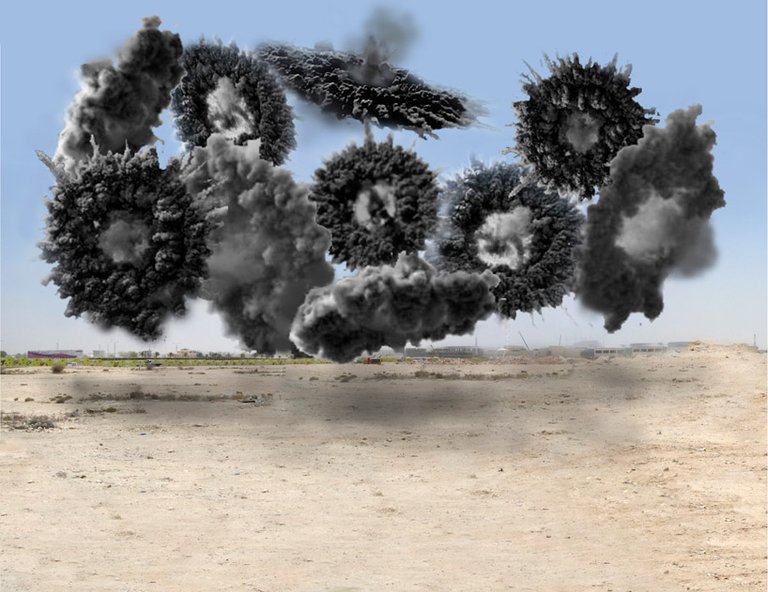

Painting as a form of expression
Even after leaving Japan, Cai returned to the country every two or three years for exhibitions and conferences. After the Great Earthquake in Eastern Japan in 2011, his visits have become annual; in fact, in collaboration with the inhabitants of Iwaki, he has carried out a project to plant cherry trees, and in 2013 he created the SMoCA museum there. Under the project, they have planted 2,000 of these trees and aim to reach 99,000 over the course of 99 years.

And when he began to think about strengthening his activity in Japan, a country that had been his starting point in his youth, he was fortunate that the Yokohama Art Museum offered him an individual exhibition. The title of the exhibition was taken from a poem by Tao Yuanming that evokes the homeland.
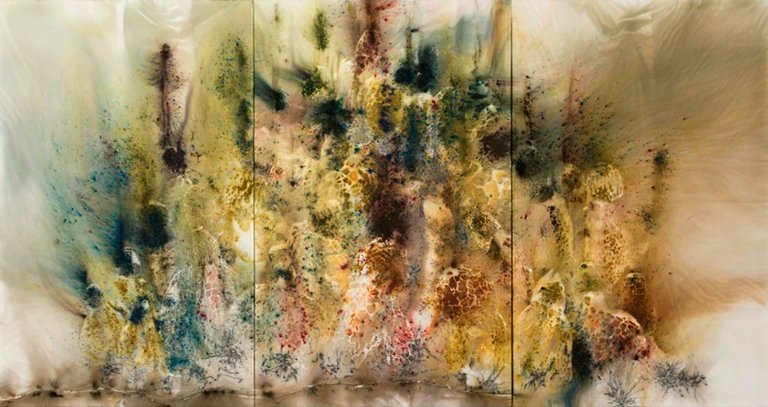
The colors of fireworks and shunga
When he arrived in Japan, Cai began to use specific fireworks for sunlight hours and try to get color out of them, although his attempts sometimes failed. Some works of this type are Black Rainbow (Spain, 2005) and Black Fireworks (Hiroshima, 2008).
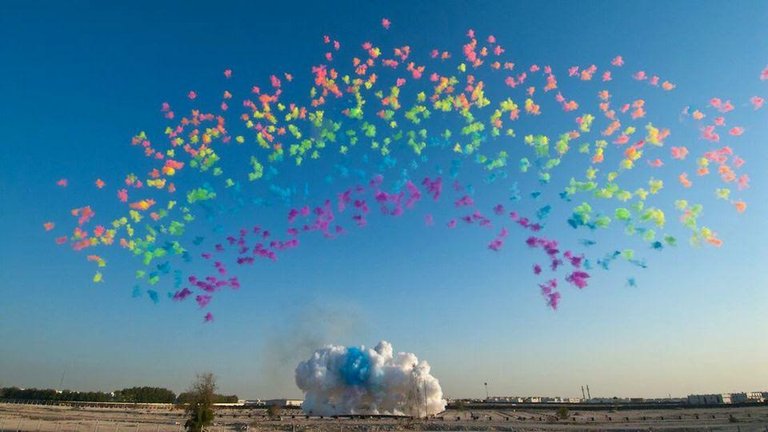
In shunga works, life flows, which is due to the fact that they also reflect the changes in nature. And this concept of space-time present in Eastern culture is even transmitted in contemporary art. Fireworks, which cannot be one hundred percent controlled, are an artistic material that exceeds the artist's expectations and generates unpredictable beauty.

Thank you for reading


If you liked reading this article, feel free to FOLLOW ME, UPVOTE and RESTEEM! It's always appreciated =D. Thank you all for your support and see you soon for the news flamingirl's adventures!


That black cloud one is extra awesome
Posted using Partiko iOS
Yes! It's work is AMAZING!!! 😱😱😱
Very nice
Thanks 😉
Hi, @flamingirl!
You just got a 0.1% upvote from SteemPlus!
To get higher upvotes, earn more SteemPlus Points (SPP). On your Steemit wallet, check your SPP balance and click on "How to earn SPP?" to find out all the ways to earn.
If you're not using SteemPlus yet, please check our last posts in here to see the many ways in which SteemPlus can improve your Steem experience on Steemit and Busy.